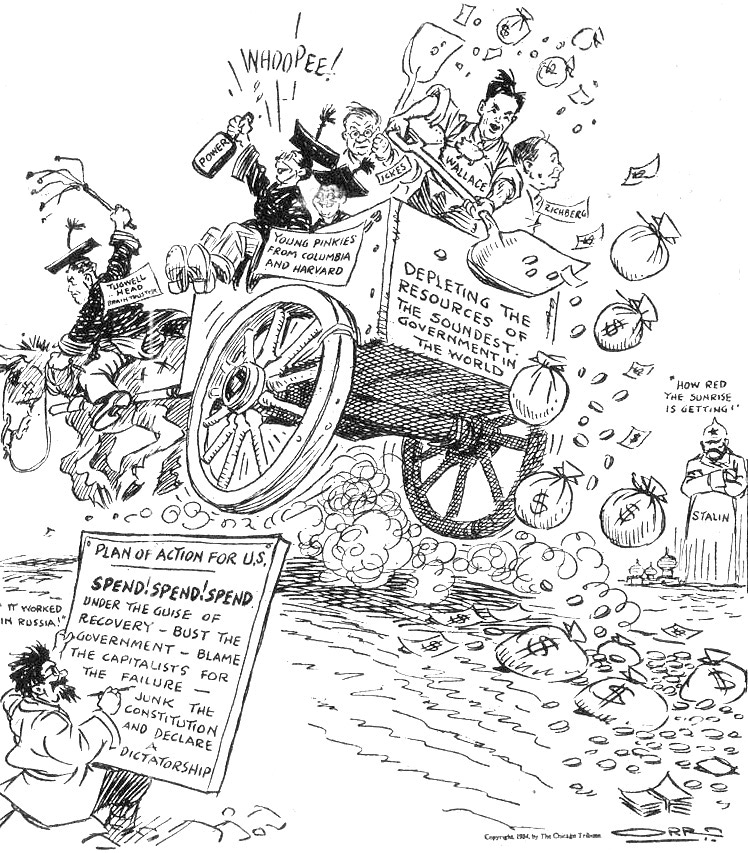When rumours of a run on Northern Rock sparked a run on Northern Rock in September 2007, this bank became the first of all the former building societies which opted for demutualization in the heady days of the credit boon to collapse.
After failing to find a private buyer, it was nationalised in February 2008 and split into two: Northern Rock Plc. which held the customer accounts, with a state injection of £1.4 billions; and Northern Rock Asset Management which held the toxic debts and most of the old mortgage arm, owing some £21 billions to the Treasury. Although good progress was made by Northern Rock Plc. in repaying its debt, both Labour and LibDem Manifestos for the 2010 General Election spoke of returning this section to its pre-1997 state with remutualization.
Personally, if this business model could be shown to work – and several existing building societies expressed interests in acquiring Northern Rock Plc. – I would have been inclined towards it, if only to stress one of those moral stories of the inherently unsound rush for a quick profit in the 1990s (as Neil D demonstrated in a “great to have after a disaster moment” one year following the Northern Rock collapse).
It is not to be, as Northern Rock Plc. now has been sold to Virgin Money for £747 millions, represented a loss of as much as £653 millions; although there is a potential for the Treasury to receive a further £280 millions over the next two years.
There are no plans to sell Northern Rock Asset Management with its debt of £21 billions.
(The accompanying image, by the way, shows the HP Elite on one of its champagne outings, no doubt on a luxury resort in the West Indies.)
